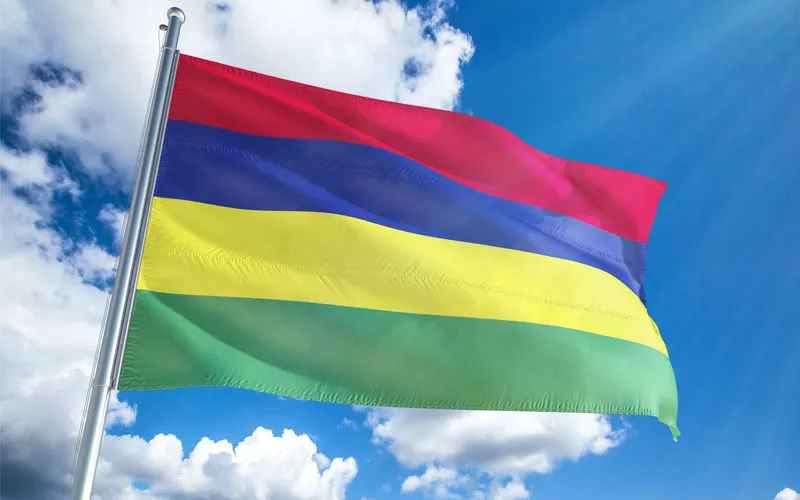Port Louis, 14 December, 2021 / 8:55 pm (ACI Africa).
Members of the Catholic Commission for Justice and Peace (CCJP) in Mauritius have expressed concerns about the adoption of the Independent Broadcasting Authority (IBA) Bill, aimed at regulating radio stations in the Indian Ocean Island nation.
In a statement issued Tuesday, December 7, CCJP officials highlight the concerns they have with the bill.
“The members of the Justice and Peace Commission of the Diocese of Port Louis, in the current context of the vote on the amendments to the Independent Broadcasting Authority Act (IBA Act) which took place last week, express their concerns about the content of these amendments and the conditions under which the vote took place,” they say.
Making reference to the social teachings of the Church, CCJP officials note, “One of the roles of the Justice and Peace Commission is to look at and analyze situations of injustice in conjunction with other bodies and people involved in society.”
“The principle of subsidiarity protects people from the abuses of higher social bodies and encourages the latter to help individuals and intermediary bodies to develop their functions. This principle is necessary because every person, every family and every intermediate body has something original to offer the community,” they explain.








